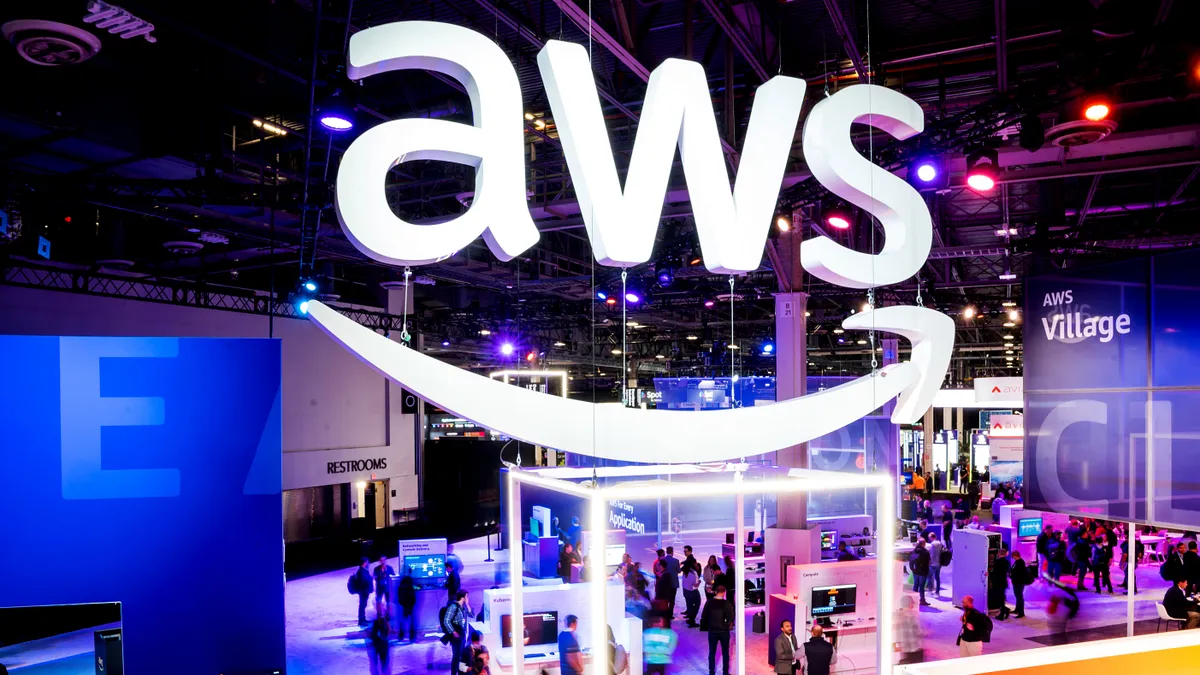Dive Brief:
- AWS joined the vendor battle over generative AI dominance with the launch of Bedrock, a new service that allows customers to build and scale generative AI-based applications, according to a Thursday announcement.
- Bedrock will allow access to foundational training models from AI21 Labs, Anthropic, Stability AI and Amazon accessible via an API. The company also announced a pair of its own foundational models, known as Amazon Titan.
- "We have been working on our own LLMs for a while now, believe it will transform and improve virtually every customer experience and will continue to invest substantially in these models across all of our consumer, seller, brand and creator experiences," said Amazon CEO Andy Jassy in a letter to shareholders published Thursday.
Dive Insight:
Enterprise adoption of generative AI is still in the early stages, but access to custom-built tools and the ability to tailor AI outputs to specific use cases is one potential catalyst.
Microsoft, early to grab attention and interest with OpenAI's ChatGPT, also launched similar capabilities, when it announced the general availability of Azure OpenAI Service in January. Google, too, launched enterprise-grade generative AI tools within Google Cloud last month.
The solutions from the hyperscale cloud providers vary and will evolve over time, according to Rajesh Kandaswamy, distinguished VP analyst at Gartner. Currently, Microsoft relies on OpenAI models, while Google uses models such as BARD. Amazon's Bedrock, in turn, will use a few models from different companies as well as its own.
As technology evolves, enterprise adoption will expand — a good sign for providers of infrastructure services that power generative AI. Gartner projects generative AI will account for 10% of all data produced by 2025, up from less than 1% today.
Despite OpenAI's head start, it's still too early to call the race for any particular vendor when it comes to enterprise adoption.
"The technology is still raw and evolving, and there will be more innovations," said Kandaswamy in an email. "While powerful, the early LLMs have a few issues in inaccuracies and hallucinations that need resolution for adoption, and it is unclear who will solve those."
Employee skill is another factor that can shape adoption. Prompt generation, the ability to craft accurate and effective prompts for the tools to produce useful results, is a relatively new skill still under development.
"We are still in the early days, but it will be an exciting time," said Kandaswamy. "How we use computers in our professional and personal lives is about to change dramatically."













